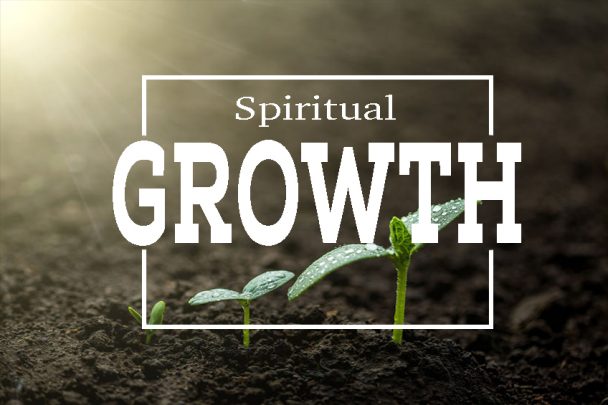Every biblical command toward sanctification assumes the necessary obedience of the ones commanded. Therefore, it is clear that believers have a duty to faithfully and obediently use the means of grace to grow to maturity. Yet in discussing spiriutal growth, it is important to address several misconceptions that must be carefully avoided:
1. Spiritual growth does not determine the believer’s standing in grace before God. That issue is completely settled when sinners trust in the atoning work of Christ (Romans 3:21-26)
2. Spiritual growth does not affect God’s love for believers. He does not love the mature saints more than the less mature, and He does not love us more when we are faithful to Him. (Romans 5:8)
3. Spiritual growth is not measured by the calendar. Spiritual growth is determined through our study of the Word of God, and obedience to sound teaching. (Hebrews 5:11-14)
4. Spiritual growth is unrelated to the amount of theological information people know. We are reminded that the Pharisees were the religious leaders of the day, and knew the Bible well, but they still had no relationship with God.
5. Spiritual growth has nothing to do with outwardly successful ministry activity. Some of the busiest people in the church are unskilled in truth and immature in the wisdom that comes from above.
6. Spiritual growth is not mystical, sentimental, or psychological. It results from the process of taking in God’s truth, believing it, and applying it to our lives..
Spiritual growth takes place as you live in the power of the Spirit, and is a natural outgrowth of learning to walk in the Spirit. Growth leads to maturity, naturally. May we grow and learn how to apply God’s Word to our lives.


